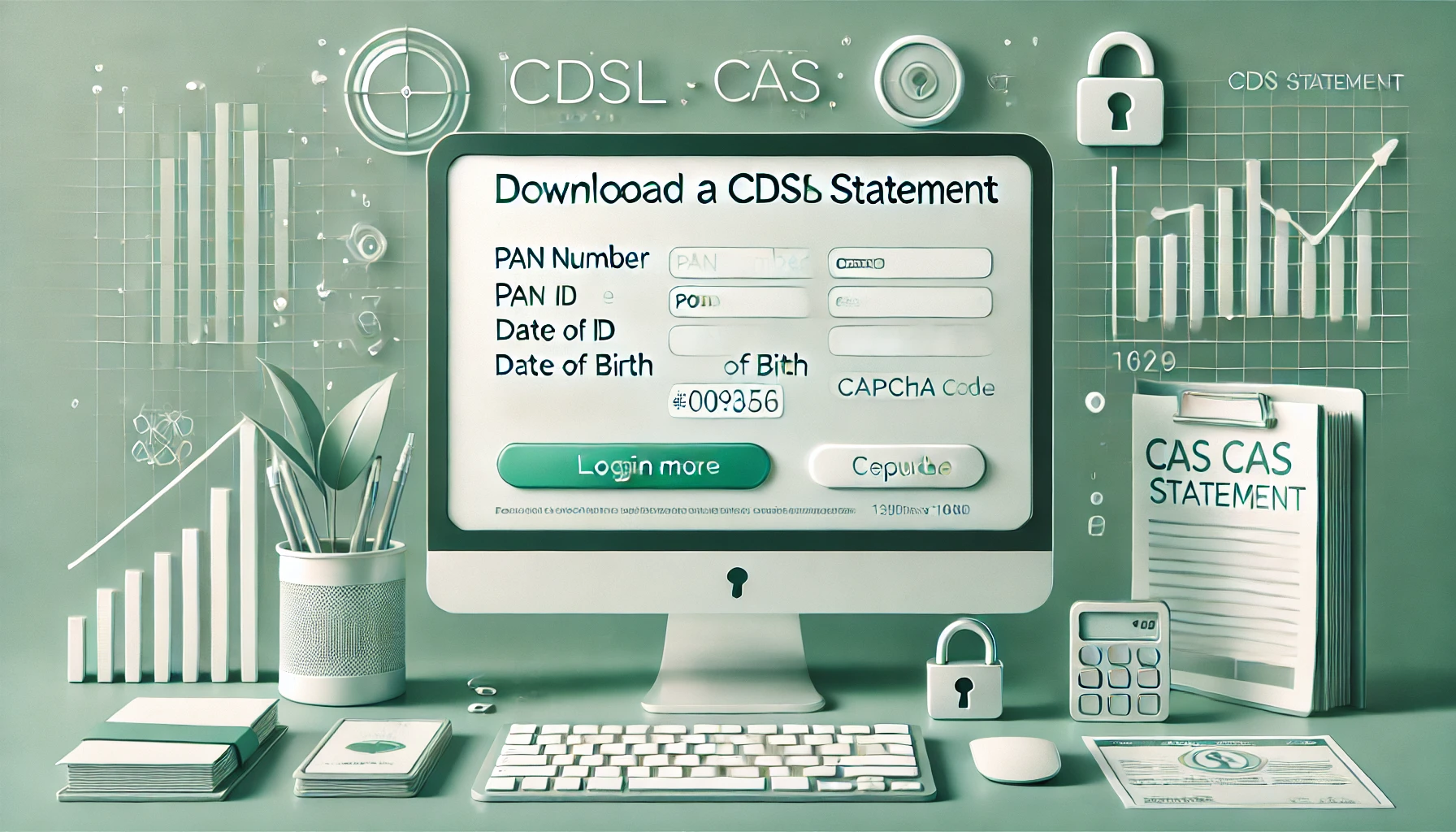
How Credit Cards Impact Personal Financial Planning in India
Learn how credit cards impact personal financial planning in India, from CIBIL score and u...
Whether you are a seasoned
investor or just starting to navigate the complexities of personal finance, the
beginning of every year is like a blank canvas - you have the power to paint
your financial future by planning your finances with discipline and patience.
In this article, we will look at some strategies that you can use to plan your finances better in 2024.
1. Conduct a Financial Health Checkup
To prepare for the future, one must take a thorough look at the past and learn from mistakes.
When it comes to your finances,
you should conduct a complete review of your finances. Assess your income
streams, regular expenses, investments and any outstanding debts.
This analysis will provide a
clear picture of your financial health and help identify areas for
improvement.
Now, you can create a new budget
for 2024 - you should always update your budget with changing financial goals
and circumstances.
If you're anticipating
significant life changes in 2024, such as starting a family or planning a large
celebration, you should incorporate them into your budget.
2. Set Clear Financial Goals
Start by identifying your
short-term, mid-term and long-term financial objectives. Whether it is saving
for a house, a dream vacation, or saving up for retirement, having well-defined
goals will help provide direction and motivation to work towards these goals.
If achieving these goals seems overwhelming, you can break down your goals into smaller milestones with realistic timelines - this will keep you motivated without feeling overwhelmed.
3. Plan for Retirement
While retirement may seem like a
distant reality, the earlier you start planning, the more robust your financial
cushion will be in your golden years.
And while you make your
retirement plan, remember - it doesn’t need to be a document written in stone.
The plan should be a living document that adapts to changes in your life. You
should regularly review and adjust your retirement contributions and investment
choices.
You can engage with a financial
advisor to help you make a personalised retirement plan that aligns with your
goals and risk appetite.
4. Build an Emergency Fund
An emergency fund, as the name
suggests, is a fund that you should build over time - this fund acts as a
financial safety net to help during uncertainties of life (like sudden medical
emergencies or job loss).
It is recommended to have at least three to six months of your living expenses stashed away in your emergency fund.
5. Clear High-Interest Debts
High-interest debt, particularly
from credit cards or personal loans, can significantly hamper your financial
growth in the long run. Consider repaying all your debts as soon as you can, to
avoid accumulation of interest over a long time.
If managing multiple debts
becomes overwhelming, you can seek guidance from a credit counseling agency or
advisor for a structured debt management plan.
6. Evaluate Insurance Policies
Health is wealth. Period.
The rising costs of healthcare
in India makes it important to have insurance coverage - you should secure
yourself and your loved ones with adequate health coverage.
If you already have health
insurance cover, you should evaluate your current health insurance policy -
consider factors like coverage limits, exclusions, and premium charges.
If you own a property and
automobiles, you should also consider getting property insurance and vehicle
insurance.
Whether it’s life, health, home or automobile insurance, each policy contributes to the security of your financial health in the future.
7. Evaluate Your Investment Portfolio
Financial planning is not just
about savings and expenses. Investing is also a crucial part of it. If done in
the right way, investing can help you accumulate wealth over time.
From traditional avenues like
fixed deposits and gold to more dynamic options like equities and mutual funds,
understanding the pros and cons of each is essential to make smart investing
decisions.
You should regularly assess your
portfolio and analyse which investments are doing well, and which are not. You
can then rebalance your portfolio to maintain a healthy mix of stocks, bonds
and other asset classes.
Remember, never put all your eggs in one basket. Diversification is key for mitigating risk.
8. Plan your taxes
Planning your taxes is not just
about saving money; it’s about optimising your resources and ensuring that you
make the most of deductions and exemptions.
You can explore tax-saving
schemes like the Public Provident Fund (PPF), National Savings Certificate
(NSC), and tax-saving fixed deposits.
With careful planning and smart investments, you can not only reduce your tax liability but also grow wealth over time.
9. Diversify your revenue streams
Exploring passive income streams
and diversifying your revenue generation avenues can help provide a layer of
financial security. You can consider revenues like rental income from real
estate, or extra income from a side business or freelancing.
Diversifying your revenue
channels not only increases your financial stability (with more income), but
also provides some buffer against economic uncertainties.
10. Aim for a Balanced Lifestyle
Financial health is more than
just numbers; it's about achieving a balanced lifestyle. While you should try
and optimize your income, you should also allocate funds for activities that
make you happy.
Whether it's a hobby, travel, or
other leisure activities, having a budget for enjoyment activities can motivate
you to maintain your financial discipline in other important areas.
While you’re planning your
financial goals, you should also priorities your mental health. Stress and
anxiety can lead to poor decision-making and reduce overall happiness.
You can consider including
activities like meditation, regular exercise, and hobbies in your regular
routine to strike a healthy work-life balance.
After all, a healthy mind
contributes to clearer financial decisions and resilience in the face of
challenges.
As we wrap up the essential
strategies of financial planning for 2024, remember that this isn’t just about
managing numbers in a bank account. It’s about crafting a lifestyle that aligns
with your values, and long-term goals.
Here's to a prosperous, balanced, and fulfilling 2024 – a year where your financial goals aren’t just dreams, but achievable realities!
Popular now

Learn how to easily download your NSDL CAS Statement in PDF format with our step-by-step g...

Explore what Specialised Investment Funds (SIFs) are, their benefits, taxation, minimum in...

Learn How to Download Your CDSL CAS Statement with our step-by-step guide. Easy instructio...

Looking for the best financial freedom books? Here’s a handpicked 2026 reading list with...